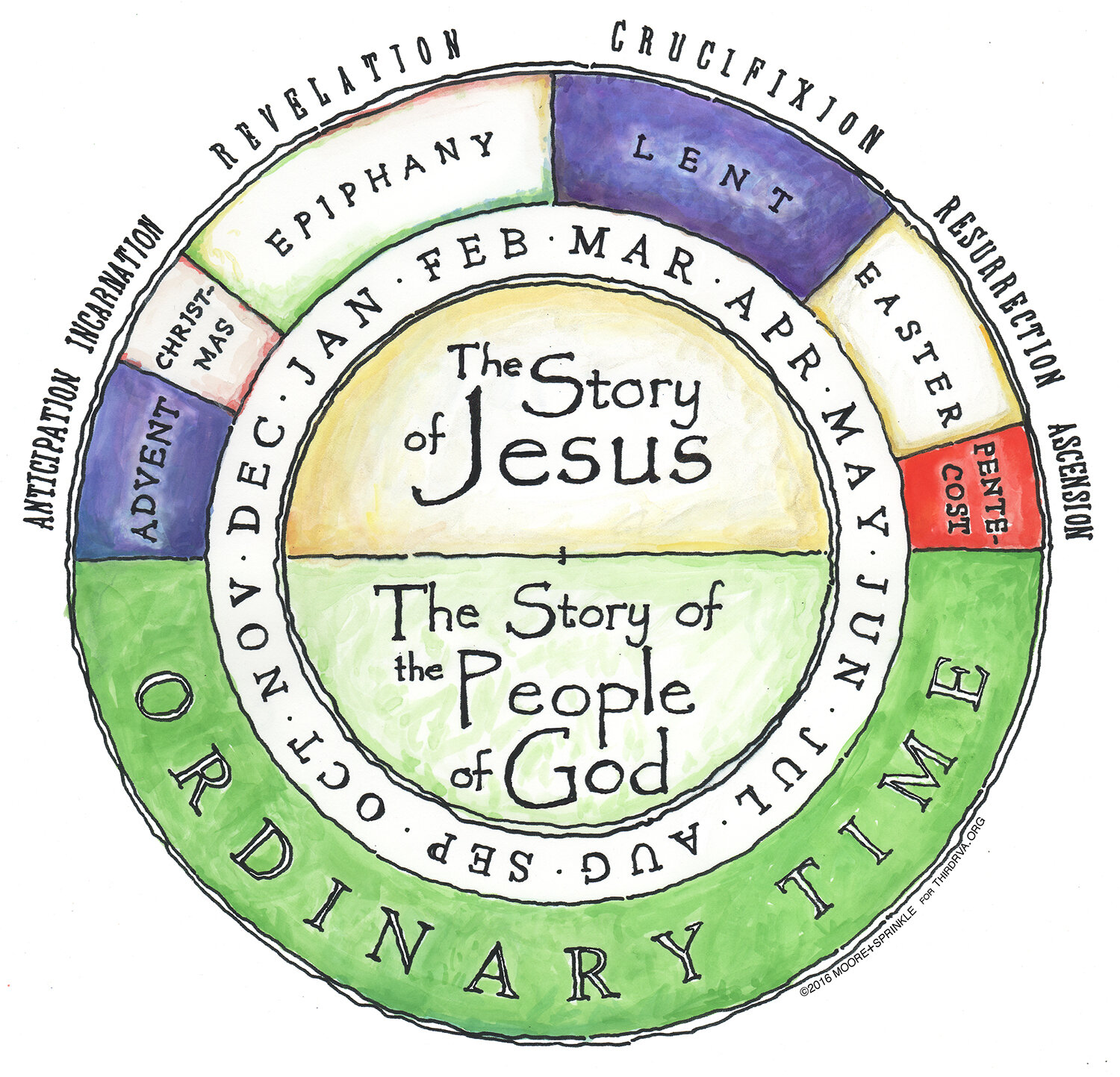

Under the Levitical law, there were restrictions on what those who followed the God of Israel could eat. This point is that God formally approves the consumption of meat, except that which was still saturated with blood.


Whether people ate meat before the flood and God was clarifying this was allowed, or whether they had not and God was permitting it, is not clear. But you shall not eat flesh with its life, that is, its blood” ( Genesis 9:2-4). And as I gave you the green plants, I give you everything. Every moving thing that lives shall be food for you. “The fear of you and the dread of you shall be upon every beast of the earth and upon every bird of the heavens, upon everything that creeps on the ground and all the fish of the sea. Once the waters receded, God clarified what people could eat. The Bible remains silent about what people ate between the Fall and the Flood. After they ate the fruit, Adam and Eve realized they were naked, which resulted in the first recorded instance of an animal dying to support human life “And the Lord God made for Adam and for his wife garments of skins and clothed them” ( Genesis 3:21). Photo credit: ©Getty Images/Prostock-StudioĪfter sin entered the world, death did as well. Man’s relationship with God changed his relationship with meat. To be clean before God, they had to be clean physically as well, but the blood of Jesus cleanses man thoroughly. Though humanity may not have eaten meat in the Garden of Eden, the Fall changed everything, and man’s ability to have a relationship with God was altered. Should people take a life if they don’t have to? Does the Levitical law apply to the church? Was man even meant to consume flesh in the first place? The Bible does address these questions, though sometimes it is indirectly. Whether they wish to give up meat, eat in alignment with Jewish customs, or other personal decisions, they want to know what the Bible says about godly behavior, including whether or not meat is okay to eat. For varying reasons, some individuals have a crisis of conscience about the food they eat. They want to live according to God’s precepts, under His guidance, and righteously. The last time the two special days collided was 2017, when Hebda also released local Catholics from abstaining from meat the next time the days conflict, the National Catholic Review reports, will be 2028.Biblical guidance is something that Christians hold in high esteem. Specifically, Hebda mentioned the late Archbishop John Ireland - “himself a native of the Emerald Isle” - and wrote of “the extent to which the life of this Archdiocese has been shaped by Irish immigrants indebted to Saint Patrick for the gift of their Catholic faith.” Paul’s green roots as he explained his reasoning for the relaxing of the tradition of abstinence from meat on this Friday in Lent. Patrick’s Day this year, even though it’s a Friday during Lent. diocesan bishops are allowing Catholics to eat meat on St. In a report on March 10, the National Catholic Register reported that more than 70% of U.S. “Those taking advantage of the dispensation, however, are exhorted to undertake a work of charity, an exercise of piety, or an act of comparable penance on some other occasion during the Third Week of Lent.” “A general dispensation has been granted by Archbishop Hebda from the obligation of abstinence from meat on Friday, March 17, 2023, the Memorial of Saint Patrick,” the statement read.īut the dispensation comes with a strong suggestion:


 0 kommentar(er)
0 kommentar(er)
